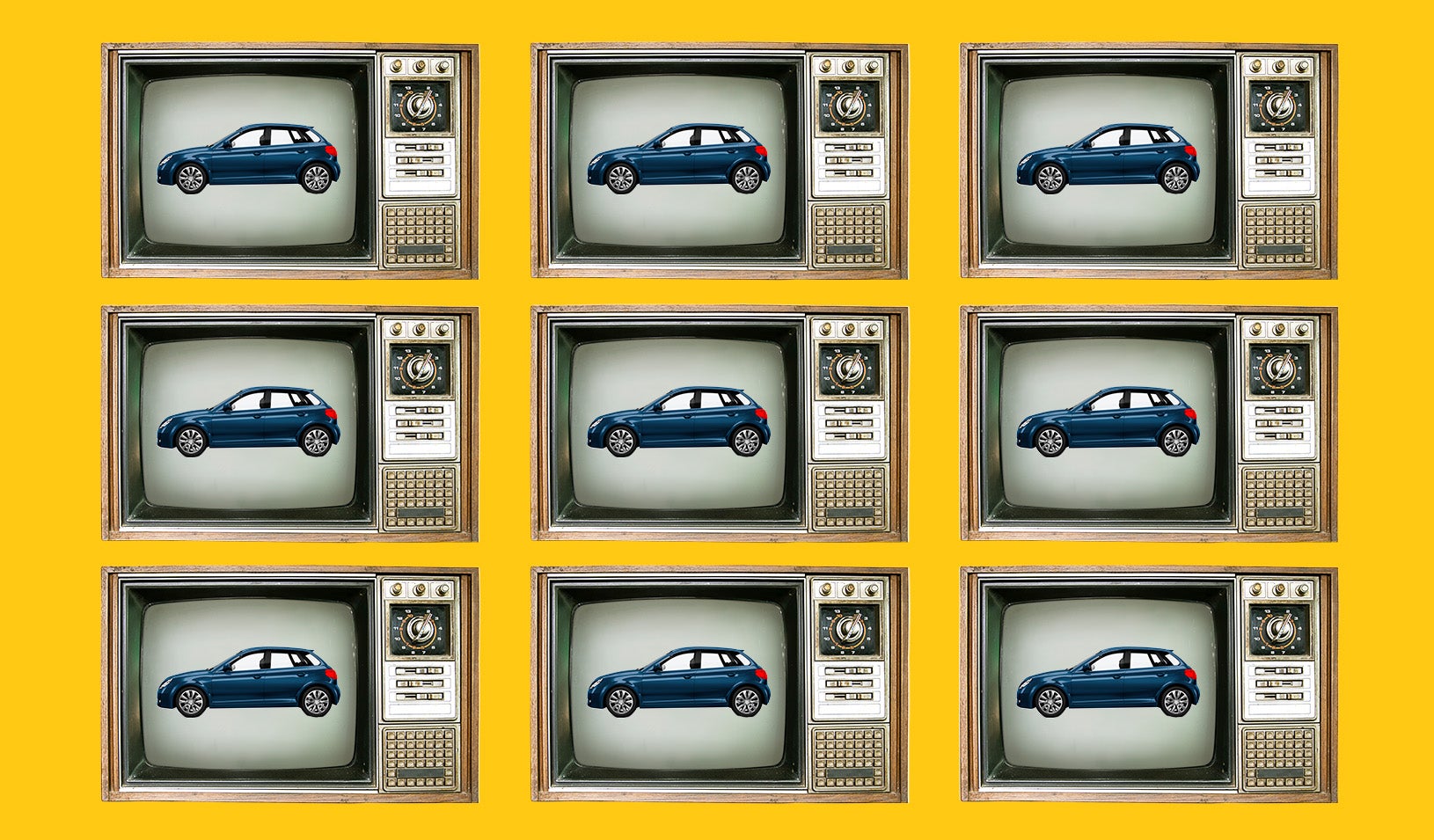September 01, 2005
| by Stanford GSB StaffAfter the Sept. 11, 2001, terrorist attacks many Americans reported dramatic changes in their behavior, from increased church attendance and charitable giving to - at the other end of the scale - overeating and overspending.
Intrigued by these anecdotal reports, Baba Shiv, associate professor of marketing at Stanford Graduate School of Business, and colleagues Rosellina Ferraro and James R. Bettman from Duke University’s Fuqua School of Business set out to discover what might be driving these changed behaviors.
They discovered that when confronted with thoughts of death, people tend to act in ways that will boost their self-esteem. They also have fewer cognitive resources to resist behaviors that are not central to their self-image. People for whom being slim or fit is important to their self-image, for instance, will not be as likely to overeat, but if physical appearance isn’t as important, the willpower to resist that fudge sundae will plummet.
As a basis for the study, the researchers built upon an existing body of work on “Terror Management Theory,” which attempts to explain how people cope when faced with a threat to their mortality. The theory holds that when reminded of their own mortality people first tend to cope in two ways: forcefully defending their cultural worldview (which could manifest itself in forms such as acting more aggressively toward someone with different political beliefs); or behaving in ways most likely to bolster their self-esteem.
The researchers decided to test the second part of this theory by examining two possible sources of self-esteem: physical appearance and being virtuous.
Researchers told 115 student subjects that they would be entered into a $200 lottery as part of their compensation for participating in a study. All participants first answered a questionnaire that measured the importance of virtue to their self-esteem. Half were then asked questions about the prospects of their own deaths while the other half were asked about dental pain. At the end, subjects in each group were asked how much of the $200 they would be willing to donate to charity if they won the lottery.
Participants for whom virtue was an important source of self-esteem offered significantly higher donations (an average of $65) when reminded of their mortality than when they were not (an average of just $34.50). Participants for whom virtue was not an important source of self-esteem actually donated less when reminded of their own deaths (an average of $20.36 compared with $28.60).
A second part of the study investigated body image as a source of self-esteem. Participants were first asked questions to determine how their attitude toward their bodies contributed to their sense of self. Half were then asked about their reactions to September 11 while the others were asked about a recent local fire in which a building was destroyed but no one was hurt.
Afterward, all participants were given the choice between two snacks - chocolate cake or fruit salad - ostensibly as part of their reward for participating in the study.
Among women whose bodies contributed greatly to their self-esteem, only 23 percent chose cake when their sense of mortality was high; a dramatic drop from the 38 percent that chose cake when their sense of mortality was low.
These numbers make perfect sense, according to Shiv. “When people are reminded of their deaths, they are desperately seeking to cope, and if a decision can help them boost their self-esteem, they will make that decision. Thus women whose bodies were important to their self-esteem were much more likely to reject the offer of chocolate cake when their sense of mortality was heightened.”
However, among women whose bodies did not contribute significantly to their sense of self-esteem, 94 percent chose chocolate cake when reminded of 9/11 - more than twice as many as those who chose cake when their sense of mortality was low (44 percent).
“If you are using all your resources to focus on some important aspect of self-esteem in order to cope with thoughts of death, and body esteem is not central to you, then you simply have fewer resources to help you resist that tempting piece of chocolate cake,” said Shiv.
Interestingly, there was no difference between the men’s choice of cake or fruit salad based on their sense of mortality. The researchers attributed this to the fact that physical appearance is more of a “hot button” for women than for men.
Shiv pointed out that this study might provide clues to precisely why life-changing behaviors often take place after a death has occurred. “A friend passes away and you say: ‘I will spend more time with my kids; I’ll get into shape; I’ll give more to charity.’ This gives us a handle on why that happens.”
For media inquiries, visit the Newsroom.






